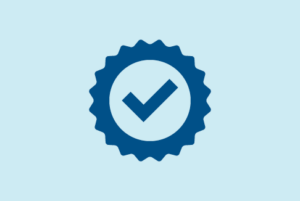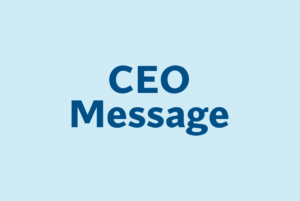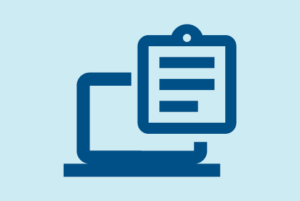As previously announced, the state of California has contracted with Blue Shield of California to create a statewide network of COVID-19 vaccine providers.
A hospital, clinic, pharmacy, or other entity that wishes to administer COVID-19 vaccines after March 31 must sign an agreement with Blue Shield. The contract, which Blue Shield states is now final, requires vaccine providers to:
- Vaccinate any resident of California, regardless of ability to pay and regardless of whether there is any previously existing patient relationship
- Bill the patient’s insurer or applicable government program (not Blue Shield or the patient) for the vaccine administration fee, if any
- Report vaccine administration data within 24 hours in the My Turn reporting tool and other technology platforms required by the state and the Centers for Disease Control and Prevention (such as VaccineFinder and CAIR2) or through an approved electronic health record (EHR) interface
- Use My Turn to schedule vaccination appointments. Vaccinators can use the My Turn clinic scheduling feature or, for vaccine providers with an industry standard and certified EHR system (such as Epic or Cerner), by using an interface currently under development to connect these EHR scheduling modules to My Turn.
After March 31, only entities contracting with Blue Shield will receive first dose allocations. Blue Shield hopes to have all contracts signed by March 22 but will sign on new vaccinators, if and where needed, on an ongoing basis. Providers interested in joining the network should contact Blue Shield at CovidVaccineNetwork@blueshieldca.com.
Both the state of California and Blue Shield have stated that all vaccinators will receive second doses, including those that choose not to become a part of the Blue Shield network. However, neither current vaccinators nor providers that sign a contract with Blue Shield are guaranteed a particular number of first doses. Blue Shield and the state will consider many factors when allocating doses to providers, such as health equity considerations, populations that are prioritized, local disease burden, and vaccinator performance.
To date, Blue Shield has focused on bringing larger hospitals and health systems into its network, as well as some hospitals and primary care clinics in Wave 1 and Wave 2 counties. Starting March 7, it will begin engaging with providers in Wave 3 counties. A list of these waves is available on page 11 of this slide deck. Blue Shield is also working with county health departments to identify other vaccinators with which Blue Shield will contract directly.
After March 31, counties will not receive vaccines to allocate to subcontractors; instead, vaccinators that formerly received doses from their county must sign a contract with Blue Shield if they wish to continue administering vaccines. Health departments must also join the Blue Shield network if they wish to remain vaccinators. To fill any gaps in its network, Blue Shield has contracted with Optum Serve to stand up mobile or pop-up sites.
Effective March 31, all appointment scheduling will be done through My Turn. Patients will register online with My Turn or by calling a Blue Shield call center. They will self-attest to any factors the state identifies to determine vaccine priority. These patient data will be fed into an algorithm developed by Blue Shield to determine who receives a vaccine appointment. At this time, the state intends that 70% of first doses will go to individuals age 65 and older, and the other 30% to individuals in the educational, childcare, emergency services, and food and agriculture sectors. Vaccinators will not be responsible for ensuring that the vaccine is allocated this way — the state will achieve this through the doses it allocates or the My Turn system.
The state and Blue Shield have provided information about the statewide vaccination network in a slide deck and a webinar recording.





